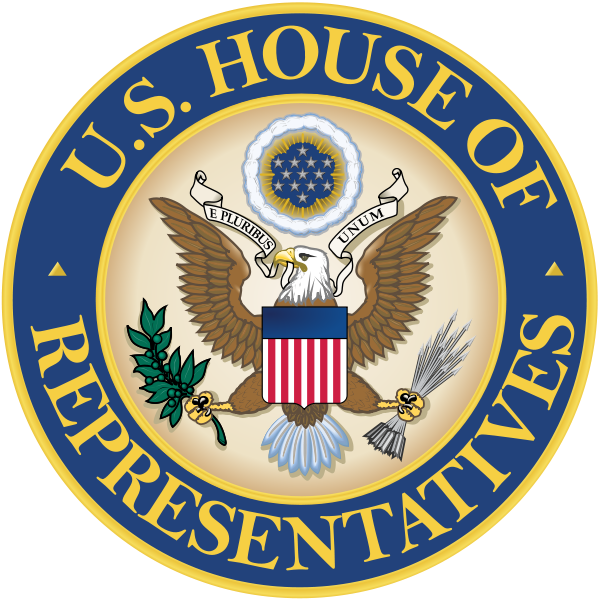House Financial Services Committee Advances Bills Aimed at Voucher Mobility, Transitional Housing

On May 22, the House Committee on Financial Services advanced the Housing Choice Voucher Mobility Demonstration Act of 2018 (HR 5793) and the Transitional Housing for Recovery in Viable Environments Demonstration Program (THRIVE) Act (HR 5735).
If enacted, HR 5793 bill would authorize HUD to carry out a Housing Choice Voucher (voucher) mobility demonstration to encourage voucher recipients to move to lower poverty areas and expand access to opportunity areas. NCSHA summarized the bill in more detail in a previous blog. The Committee advanced the bill, introduced by House Financial Services Housing and Insurance Subcommittee Chairman Sean Duffy (R-WI) and Ranking Member Emanuel Cleaver (D-MO), unanimously and without amendment.
The THRIVE Act (HR 5735) would establish a demonstration program to set aside Section 8 housing vouchers for supportive and transitional housing for individuals recovering from substance use disorders. Bill sponsor Representative Andy Barr (R-KY) modified HR 5735 from when he first brought it forward as a discussion draft in advance of a Subcommittee hearing several weeks ago, expanding eligibility beyond those with just opioid use disorders to include other substance use disorders. If enacted, the THRIVE Act would set aside the lesser of 10,000 vouchers or .05 percent of all vouchers for use in the five-year demonstration. Eligible voucher recipients would receive 12-24 months of assistance, after which the provider would be able to transfer the voucher assistance to a newly selected eligible recipient.
Only nonprofits that provide drug treatment and job skills training, and not public housing agencies (PHAs), would be eligible to administer the THRIVE Act vouchers. This provision drew criticism from housing advocates and others concerned that the nonprofits may lack experience in providing housing assistance or working with HUD. Barr addressed this concern by offering a manager’s amendment requiring eligible nonprofits to have prior experience with housing programs, including but not limited to administering McKinney-Vento Homeless Assistance programs. The manager’s amendment was agreed to by voice vote.
During the markup, House Financial Services Committee Ranking Member Maxine Waters (D-CA) and Housing and Insurance Subcommittee Ranking Member Emanuel Cleaver (D-MO) commended Barr for considering the needs of those suffering substance abuse but argued that setting aside “already scarce” vouchers would effectively take them away from families and others in need of housing. Waters and Cleaver offered amendments to provide new funding for the 10,000 new vouchers for the demonstration. Waters’ amendment also included no time limits for voucher recipients and required PHAs to administer the vouchers and partner with nonprofits to provide services. Both amendments failed. The THRIVE Act was approved with the manager’s amendment, 39-19.
Though HR 5793 and 5735 may now be considered on the House floor, there is no schedule for doing so.

